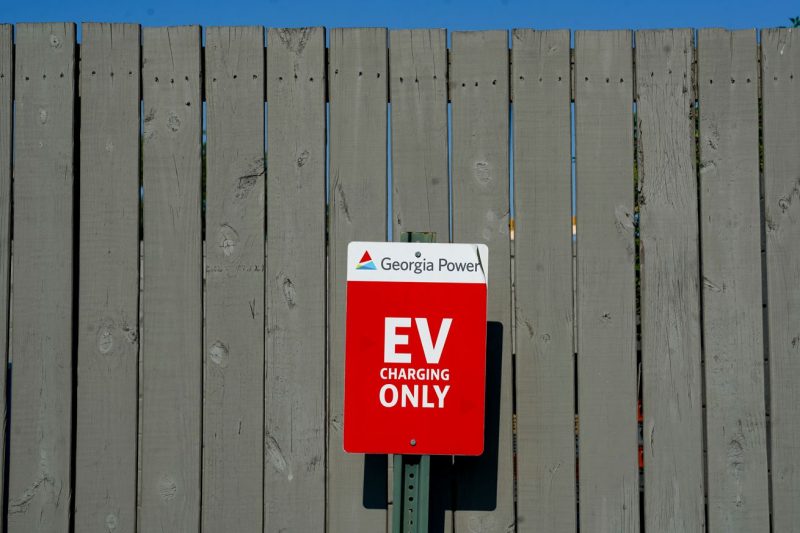The EV Evolution is Going to Take Longer Than We Thought
The world is on the cusp of a transportation revolution. Electric vehicles (EVs) have been heralded as the future of driving, offering a clean and sustainable alternative to traditional gas-powered cars. Companies like Tesla have led the charge, pushing the boundaries of technology and design to bring EVs into the mainstream.
However, as exciting as the prospects of EVs may be, the road to widespread adoption is proving to be longer and more challenging than many had anticipated. Despite the growing popularity of EVs in recent years, several key barriers continue to hinder their mass adoption.
One major obstacle is the issue of infrastructure. While significant progress has been made in expanding the charging network for EVs, there are still large gaps in coverage, particularly in rural and less affluent areas. This lack of infrastructure can deter potential EV buyers who fear being stranded without a charging station nearby.
Another challenge facing the EV industry is the high cost of EVs compared to traditional gas-powered vehicles. While prices have come down in recent years, EVs still carry a premium that puts them out of reach for many consumers. Additionally, the limited range of many EV models can be a deterrent for those wary of range anxiety.
Battery technology is another area where the EV industry continues to face challenges. While advancements have been made in improving battery efficiency and longevity, there are still concerns about the environmental impact of mining for lithium and other key battery materials. Finding sustainable and ethical sources for these materials is crucial for the long-term viability of EVs.
Moreover, the lack of standardized charging protocols and plug types can also create confusion and inconvenience for EV owners. The proliferation of different charging networks and incompatible plugs can make it difficult for drivers to find suitable charging stations when they are on the road.
Despite these challenges, there is no denying the potential of EVs to revolutionize the way we drive and reduce our dependence on fossil fuels. Governments and industry leaders must work together to address these obstacles and create an environment that is conducive to the widespread adoption of EVs.
In conclusion, while the transition to electric vehicles may take longer than initially anticipated, the EV evolution is well underway. With continued advancements in technology, improvements in infrastructure, and a commitment to sustainability, EVs have the potential to drive us towards a cleaner, greener future.

